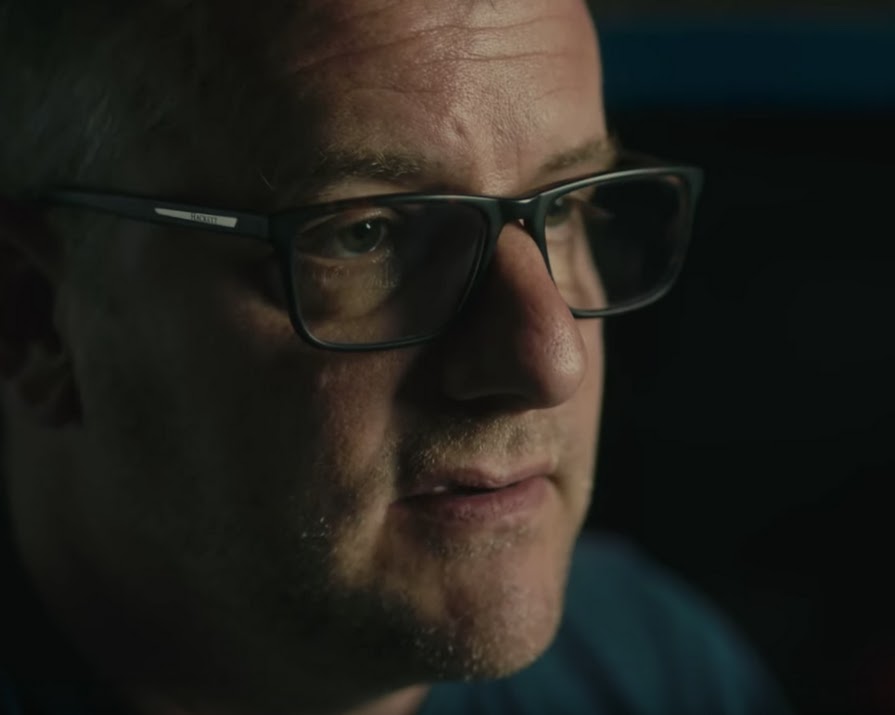By Grace McGettigan
05th Nov 2019
05th Nov 2019
Bowel cancer in Ireland
Bowel cancer is one of the most common types of cancer in Ireland, affecting more than 2,700 people every year. Here we look at the importance of knowing the symptoms and getting checked
“I miss him very much…”
Gavin Haywood recently lost his best friend and business partner, Mark Bradley, to bowel cancer.
The disease, which is also known as colon or rectal cancer, is one of the most common types of cancer in Ireland; affecting more than 2,700 people every year. Having learned first-hand how devastating the illness can be, Gavin wants to raise as much awareness for bowel cancer as possible.
With regular screening, bowel cancer can be easily detected – and the sooner it’s detected, the more successful treatment will be.
Bowel cancer
While the exact cause of bowel cancer is unknown, research shows there is an increased risk among people who eat a diet high in fats and low in fruit, vegetables and fibre.
Your risk of developing the illness is also higher if you are obese or overweight, if you have a family history of bowel cancer, or if you’re over the age of 60. That being said, bowel cancer can affect younger people too.
What’s more, bowel conditions such as ulcerative colitis or Crohn’s disease may also be contributing factors.
According to the Irish Cancer Society, there are steps you can take to reduce your risk. These include maintaining a healthy diet (as well as limiting your intake of red meat and increasing your intake of fibre), increasing your level of physical activity, reducing alcohol consumption and becoming aware of your family history.
Not only that, it’s important to be aware of the symptoms and to contact your GP if you notice anything out of the ordinary.
Symptoms
According to the Health Service Executive (the HSE), more than 90% of people with bowel cancer will experience one (or more) of the following symptoms:
– Blood in your faeces or bleeding from the back passage
– A persistent change in bowel habit (lasting more than a month), such as diarrhoea or constipation
– Feeling that you have not emptied your bowel fully after a motion
– Pain or discomfort in your stomach or back passage
– Trapped wind or fullness in your tummy, which in turn may make you eat less
– Weight loss for no reason
The HSE also notes that some symptoms of bowel cancer can be indicative of other conditions (besides bowel cancer). “You should talk to your GP if they persist for more than four weeks, regardless of their severity or your age,” it says.
Screening
In Ireland, everyone aged between 60-69 is eligible for a free bowel cancer screening.
“This involves taking a sample of your poo with an easy-to-use home testing kit,” says the HSE. “You return the kit to us and we test your sample for the presence of blood.”
As this screening service can help detect bowel cancer before symptoms appear (making it easier to treat and improving the chances of survival), it’s important that all people who are eligible for the screening do so.
Private bowel screenings are also available to people in Ireland. In a video about the loss of his friend Mark, Gavins says, “I got tested right after Mark had his diagnosis. My test came back negative. With 50% of the population having some form of cancer, it’s madness not to get tested now.”
For more information, visit letsgetchecked.com.
Watch Gavin’s video in full below:
Photo: Gavin Haywood via LetsGetChecked
Read more: Do you know how to check your moles properly?
Read more: Breast cancer awareness: how to check your breasts at home
Read more: Ovarian cancer: Know the facts






















